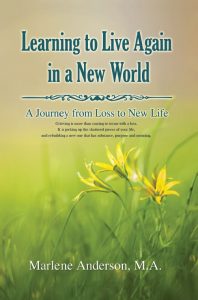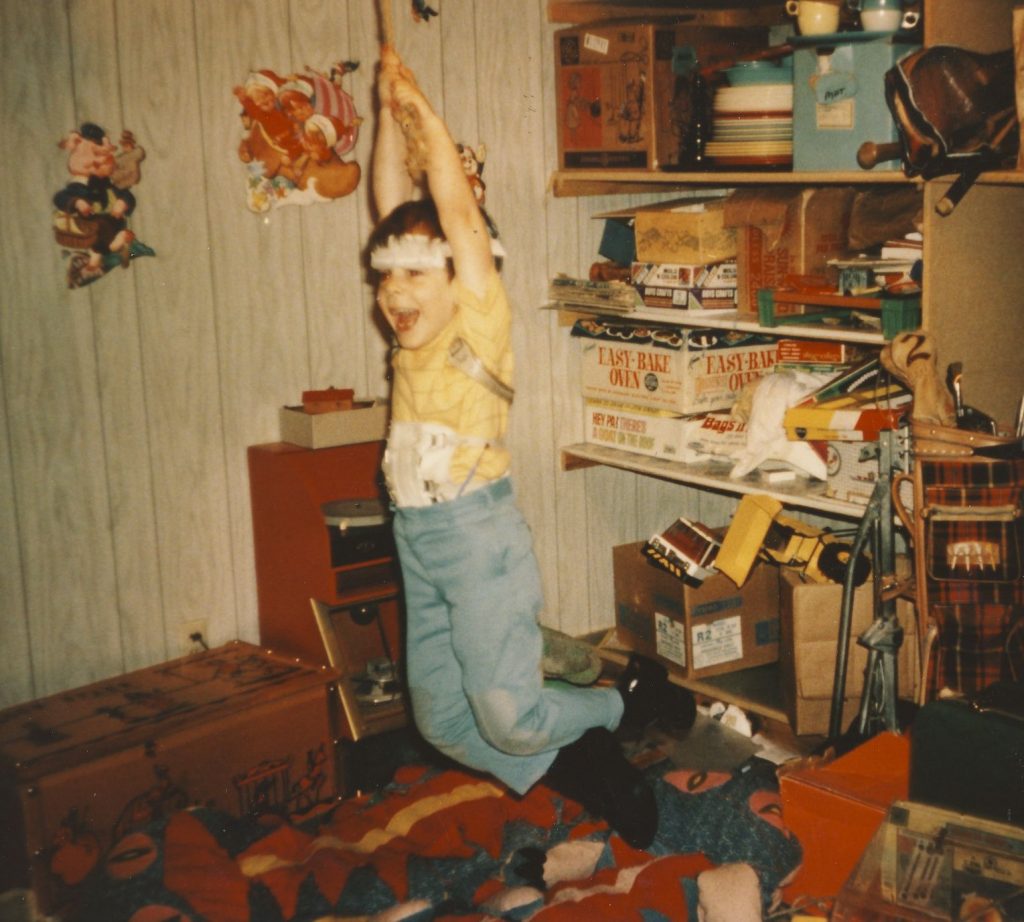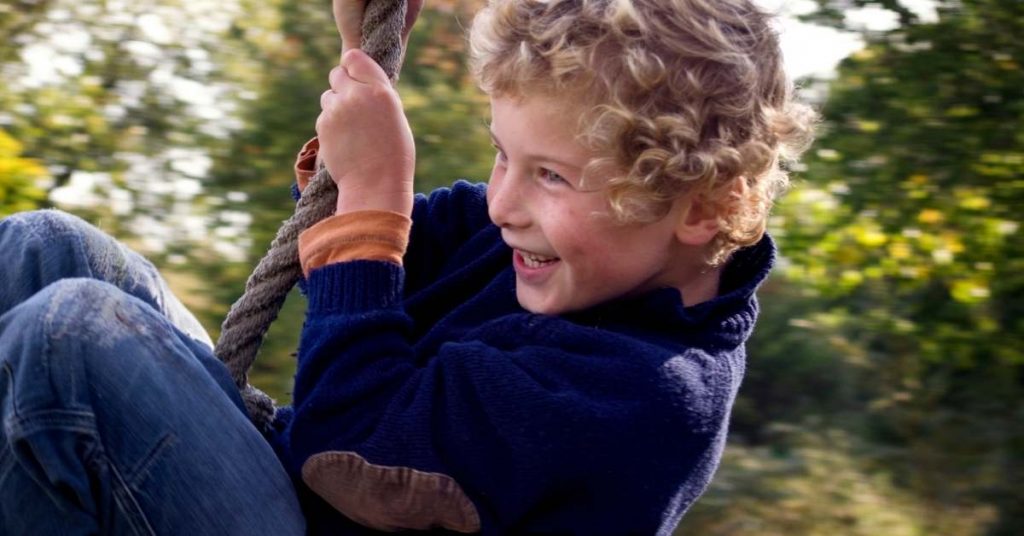Listen to this episode of the Focus with Marlene Podcast
Get caught up with all episodes in the “Threads of Life” series
When I was healing from the losses of my husband and then my son, I was writing and working with others on similar journeys.
As I read, studied, and took additional training about healing from loss as a therapist, a book written by Linda Richman captured my attention.
We seldom think of humor as important when grieving, but it not only is relevant and but can be instrumental in our healing process. Here is a blog post I wrote at that time:
“And finding something funny – anything – under those painful conditions is good.
If you can laugh even while you feel pain, there’s hope.”
-Linda Richman
 In her book, “I’d Rather Laugh: How to Be Happy Even When Life Has Other Plans for You,” Linda Richman tells her story of pain from the losses in her life, culminating in the loss of her young son and working through that tragedy with humor.
In her book, “I’d Rather Laugh: How to Be Happy Even When Life Has Other Plans for You,” Linda Richman tells her story of pain from the losses in her life, culminating in the loss of her young son and working through that tragedy with humor.
We may not think we can be as fearless or strong as Linda, but each of us has the capacity to activate humor in some way to help us heal.
On the first anniversary of my husband’s death, I invited friends and family over for a dinner party. All of us had been grieving in our own way. The intensity of pain had receded, and it was time to come together and just laugh. I wanted to put a happy, positive layer to our memories. So, we toasted to his life and laughed as we shared funny stories.
Laughter heals.
Humor is not just fun. It is an extremely powerful “medicine” that heals the soul and mends the body. Humor can allow the pain to subside for a moment, make life bearable, put a different perspective on our troubles, and allow us to laugh at ourselves and our situations. It helps us cope. It gives us power over what might seem like an impossible or powerless situation.
It may seem difficult to laugh and find joy in our losses when our hearts are heavy with sorrow, but when we give ourselves permission to feel joy, happiness and laughter as we grieve, our losses begin to take on a more complete healing integration. We can tap into those layers of humor as well as the layers of pain and sorrow.
Humor takes the edge off pain.
We might think it is irreligious or in some way devalues our loss if we put a humorous spin on it. Instead, it balances our sorrow with joy. It takes the sting out of our loss and brings normalcy back into our life. It takes an intolerable situation – one packed with intense emotions – flips it over and finds those kernels of gratitude that make us smile.
“Against the assault of laughter, nothing can stand.”
-Mark Twain
We can choose to look at the world in a positive way or a negative way. A loss by its very nature demands the normal grieving process. But even within its borders, we can laugh.
“Accentuate the positive, eliminate the negative… and latch onto the affirmative” were lyrics of a popular 1940s song. This is finding the blessings within our infirmities. It is reframing our circumstances to find gratitude and good in spite of the loss.
When we look at the glass as half full instead of half empty, it registers a different mindset and a different reaction in the brain.














